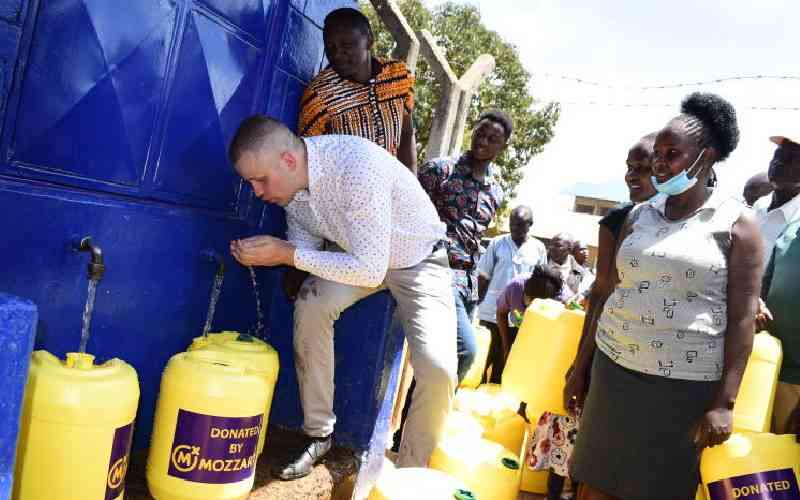×
The Standard e-Paper
Stay Informed, Even Offline

The government is seeking to increase private sector participation in the supply of water to households in an attempt to increase access to the essential commodity.
President William Ruto yesterday told Parliament that his administration is looking to enter into water purchase agreements with private firms, which will then develop water supply infrastructure and ease the supply of water to homes.







